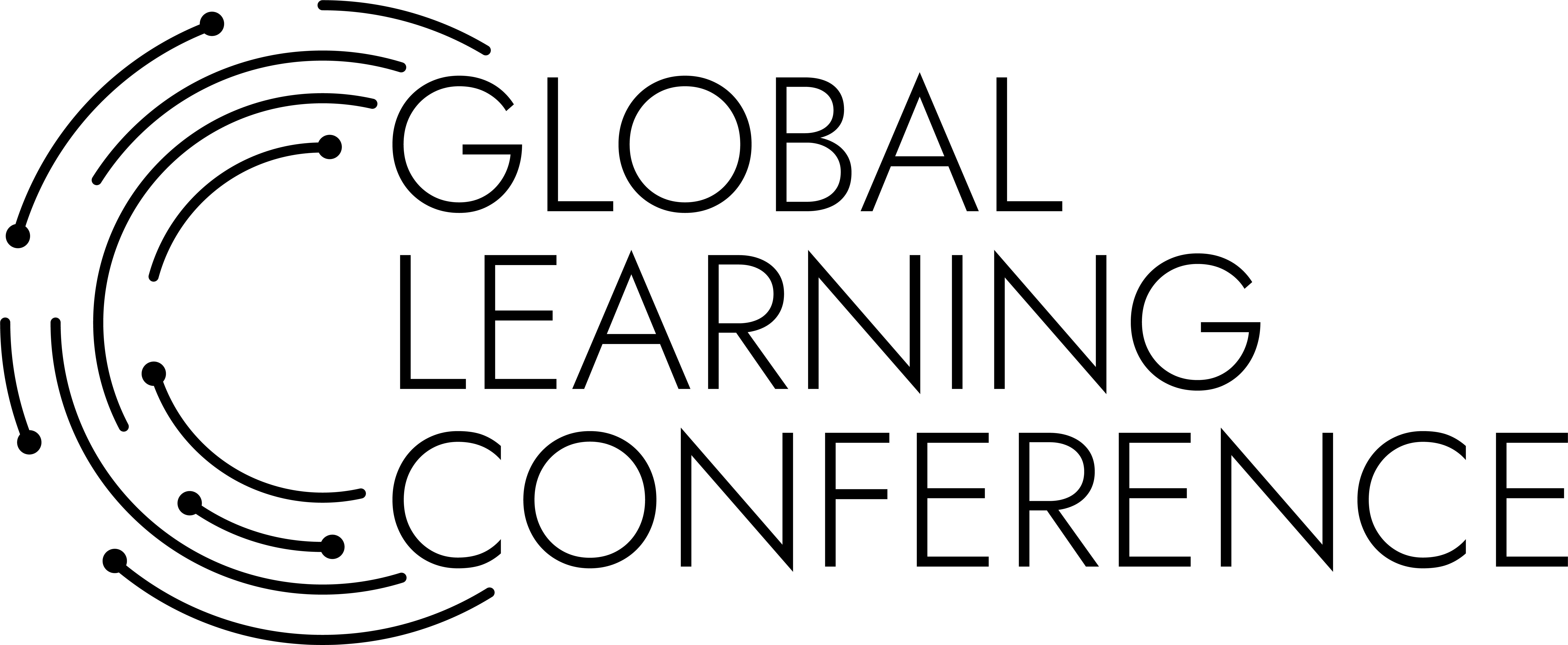- Check-in for guests @ Chalet Royalp Hotel, Victoria Hotel, & Villars Palace
- Registration and badge pick-up @ Villars Palace

Global Learning Conference 2025
Welcome
The Global Learning Conference in Africa convenes leading educators, thought leaders, policy and decision makers, entrepreneurs and multi-generational learners to address these systemic issues, to reshape the future of learning, and to drive impact at scale. The conference was co-founded by the Global Learning Council, the Villars Institute and the United Nations Institute for Training and Research (UNITAR), and the 2026 edition in Africa is co-hosted by the Rwanda Ministry of Education. This gathering offers a unique opportunity to collaborate across geographies, sectors and disciplines, to design resilient pathways for the future of learning and education, and to spark innovations that respond to our most pressing global challenges.
Afternoon
Co-founders of the Global Learning Conference share a snapshot of the current state of global education and outline the conference’s vision and goals, setting the stage to reimagine education and unlock every learner’s potential to thrive in a fast-changing world through insight-driven, collaborative action.
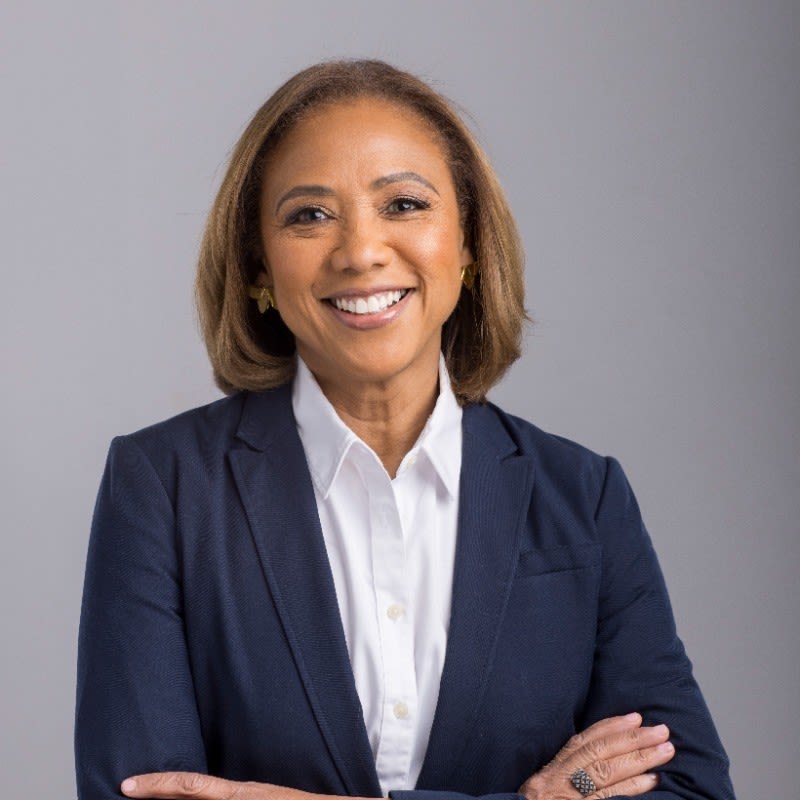
Michelle Gyles-McDonnough

Lee Howell

Subra Suresh
Artificial intelligence is rapidly reshaping how we learn and work, while escalating pressures on our planet demand new mindsets, radical innovation, and systemic change. Join this opening plenary to explore bold scenarios for the future of education and learning systems needed to empower individuals and societies to thrive in a world of accelerating change.
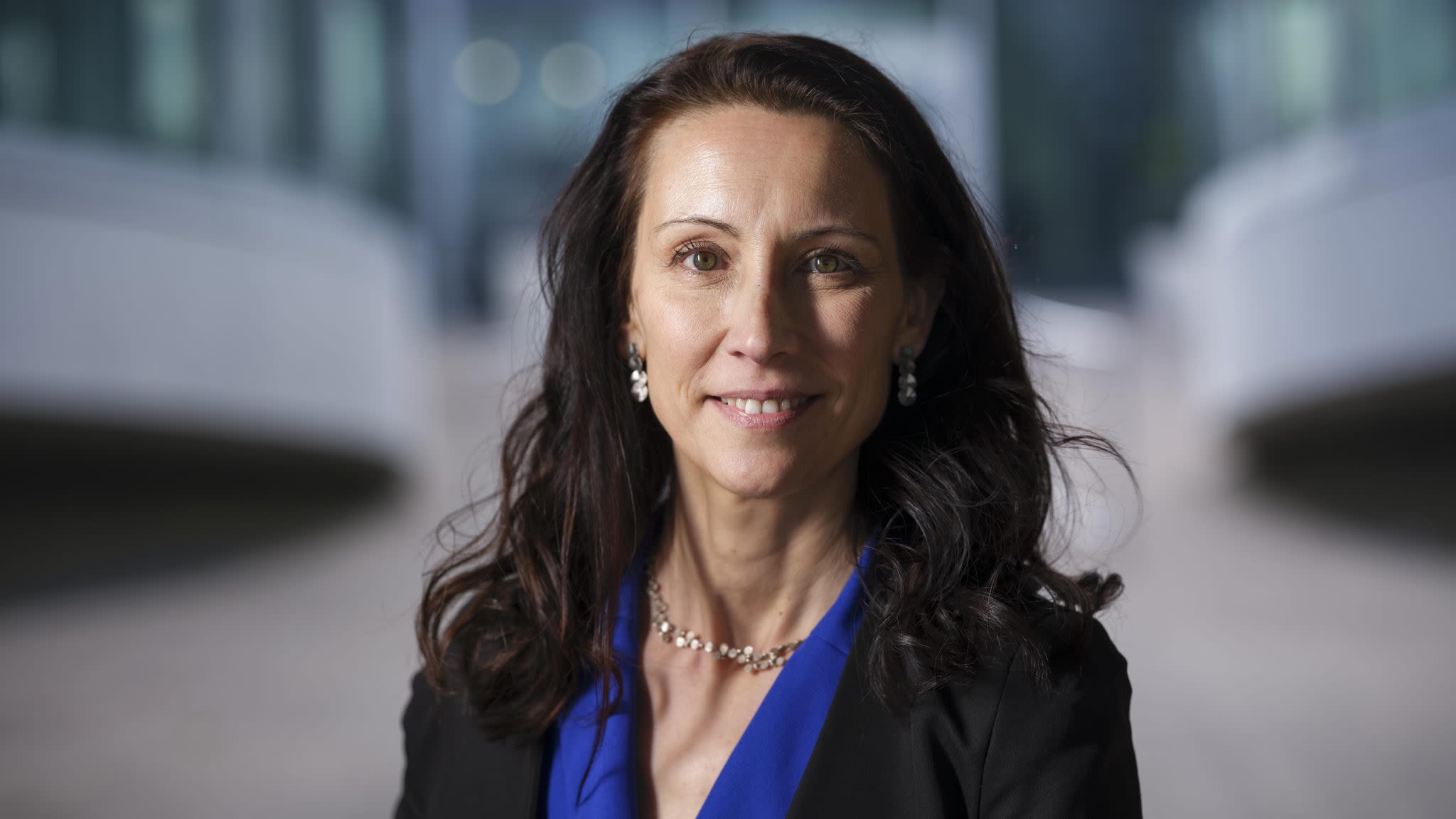
Anna Fontcuberta i Morral
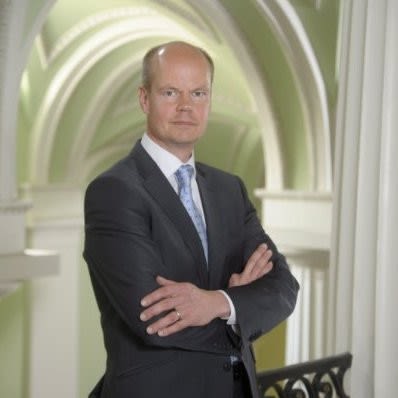
Olli-Pekka Heinonen

Claudette Irere
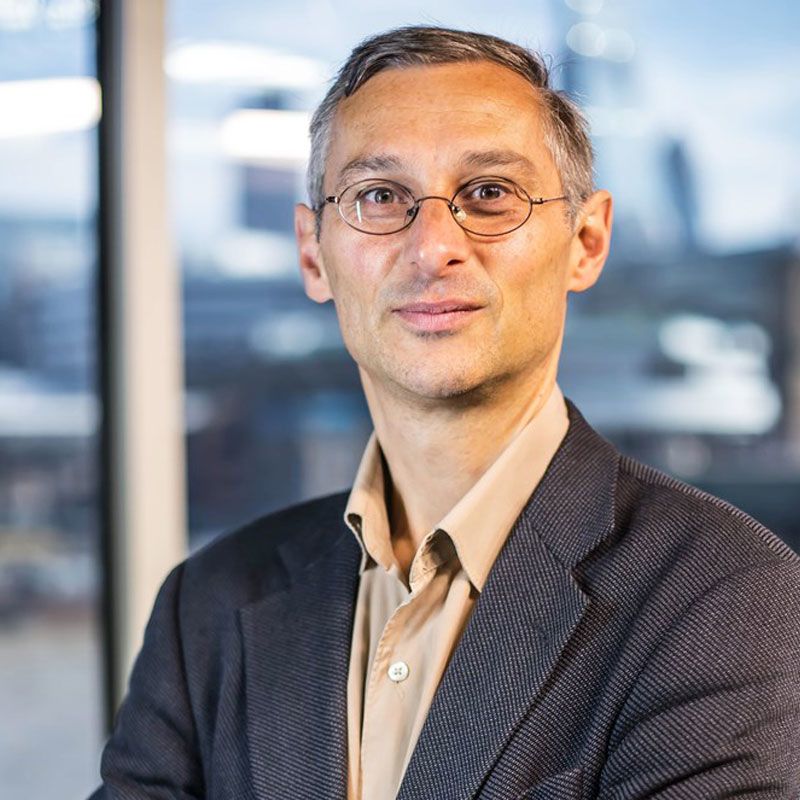
Andrew Jack

RCM Reddy
According to UNESCO, nearly 250 million children and youth are out of school, and over 750 million adults remain illiterate, highlighting a profound education gap in the 21st century. This dialogue will explore systemic educational inequities and the fundamental right to education, examining whether current models empower or entrench inequality, and consider what kind of education is needed to advance a more equitable and sustainable world.

Michelle Gyles-McDonnough
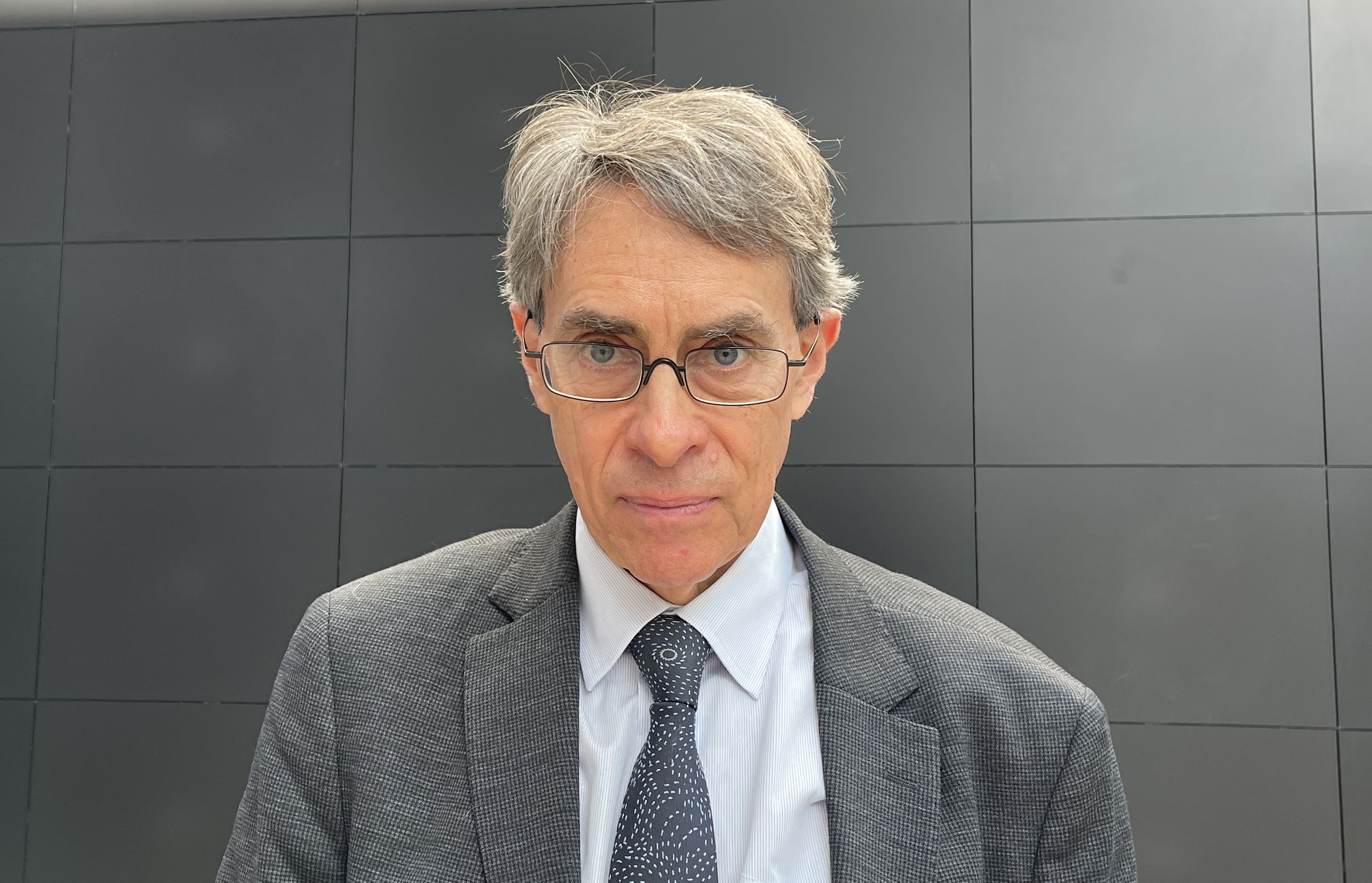
Kenneth Roth
Evening
This meal is prepared based on the recommendations of the EAT-Lancet Commission’s Planetary Health Diet, which provides scientific guidelines to ranges of different food groups that together constitute an optimal diet for human health and environmental sustainability.
